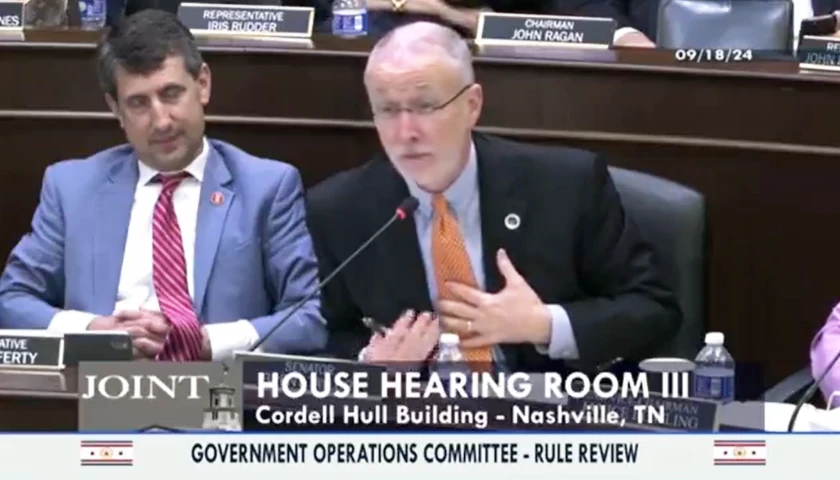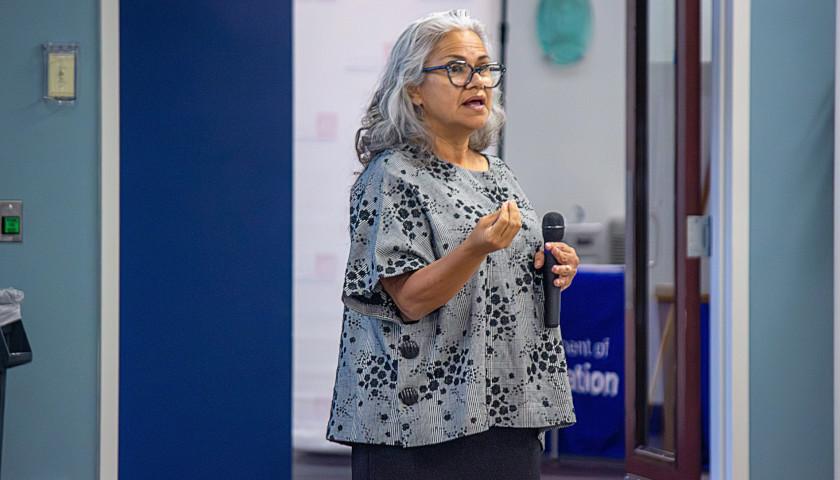On January 30th, the Tennessee State Board of Education will hold a rulemaking hearing on BEP to TISA transition rules. Included is a provision that could serve to increase the value of state Education Saving Accounts (ESA), potentially even doubling amount of available funds, which could ultimately lead to increased investment by state lawmakers.
Item number 7 under proposed rule 0520-01-16 governing ESAs reads as follows:
The maximum annual amount to which a participating student is entitled under the Program shall be equal to the amount representing the per-pupil state and local funds generated and required through the state’s K-12 education funding formula Basic Education Program (“BEP”) for the LEA in which the participating student resides, or the statewide per pupil average of required state and local funds as determined through the state’s K-12 education funding formula BEP funds, whichever amount is less.
The value of an ESA under the current BEP formula is approximately $7500. With the new funding formula, a student starts with a base funding rate of $6,860 per pupil, then receives additional funding if they are from economically disadvantaged families, have unique learning needs, or live in rural or impoverished communities.
In order to be considered eligible for an ESA, a student must reside in a household with an annual income that is no more than twice the annual income eligibility guidelines for the federal free lunch program.
Per the report from the Tennessee Comptroller’s Office, “In 2017-18 (the most recent data available), a total of 107,419 students from the ASD, Metro Nashville, and Shelby County were classified as economically disadvantaged or direct-certified, meaning the students were participating in a state or federal assistance program, such as the Supplemental Nutrition Assistance Program (SNAP), TANF, and Head Start.”
In order to temper any loss of revenue for the affected school districts, BEP funding that is given to ESA students is made up for through a school improvement grant from the state.
The Comptroller notes, “In the upcoming fiscal year 2020-21, the state budgeted almost $38 million for reimbursements – enough to cover 5,000 students participating in the ESA program at a cost of $7,572 each. As the cap on ESA student enrollment rises in subsequent years (e.g., 7,500 students in year two, 10,000 students in year three), the state will increase the amount budgeted to reimburse Metro Nashville and Shelby County to cover the additional students.”
Beginning in the fourth year of the ESA program, the state will stop reimbursing Metro Nashville and Shelby County for losing students. The state instead will award grants to all districts with priority schools, including Metro Nashville and Shelby County. The amount of those grants is yet to be determined. The State Board of Education (SBE) and Tennessee Deportment of Education (TDOE) will be responsible for establishing the rules and administration for distributing such funds to districts in the form of annual school improvement grants, including how the funding will make its way from the state to the local level.
The Tennessee Star reached out to the State Board of Education for further clarification on the proposed rule governing the value of an ESA. In an email, they replied, “According to State Board staff, the new Education Savings Accounts (ESA) funding amount will be either the per pupil required state and local funds generated under TISA — including the base amount, weights, and direct funding — or the per pupil statewide average of state and local funds under TISA.”
In addition, “The rule reflects the revised language of the law under TISA and dictates that the ESA amount for students will be the lesser of these two options.”
Furthermore, the Tennessee Department of Education is the final arbitrator of interpretation, and final dollar amounts will be calculated by the TDOE under TISA.
The SBE rulemaking hearing is scheduled for January 30th at 10:00 AM at Davy Crockett Tower, 1st Floor Conference Room 1-C 500 James Robertson Parkway Nashville, TN 37243. Public commentary is welcomed.
– – –
TC Weber is a reporter at The Tennessee Star and The Star News Network. He also writes the blog Dad Gone Wild. Follow TC on Twitter. Email tips to [email protected]. He’s the proud parent of two public school children and the spouse of a public school teacher.






Does anyone actually understand this gobblygook?
My only takeaway is that our worthless public schools are going to cost taxpayers more and still get failing results.